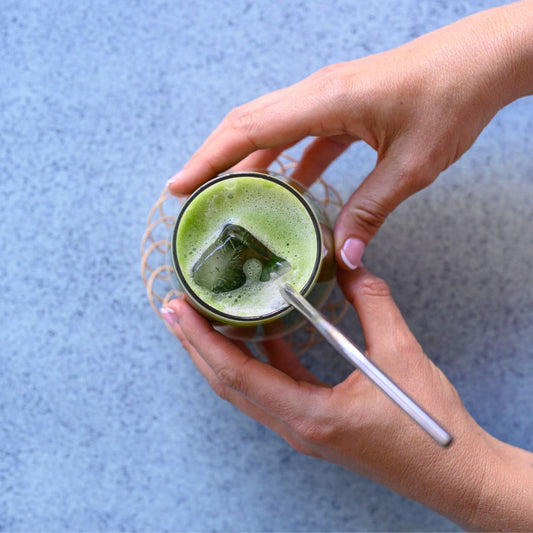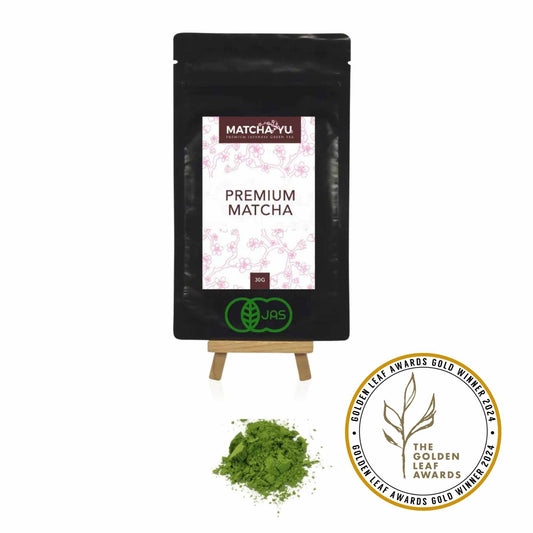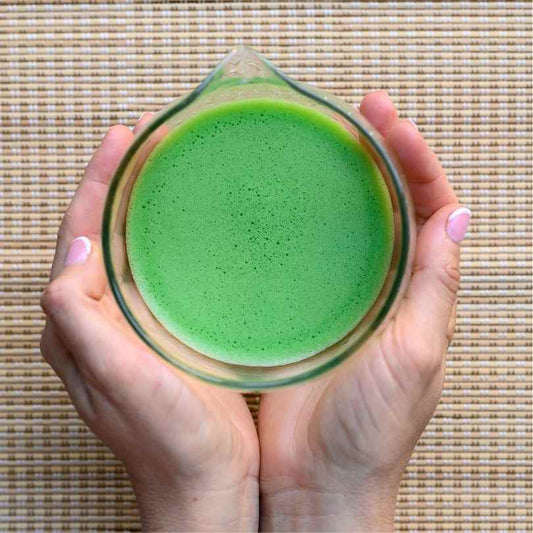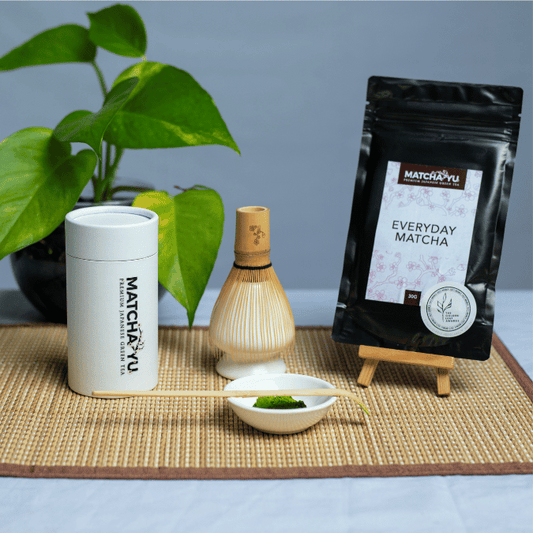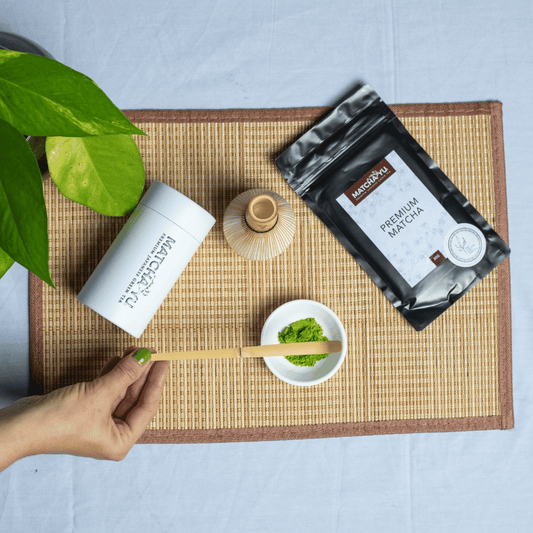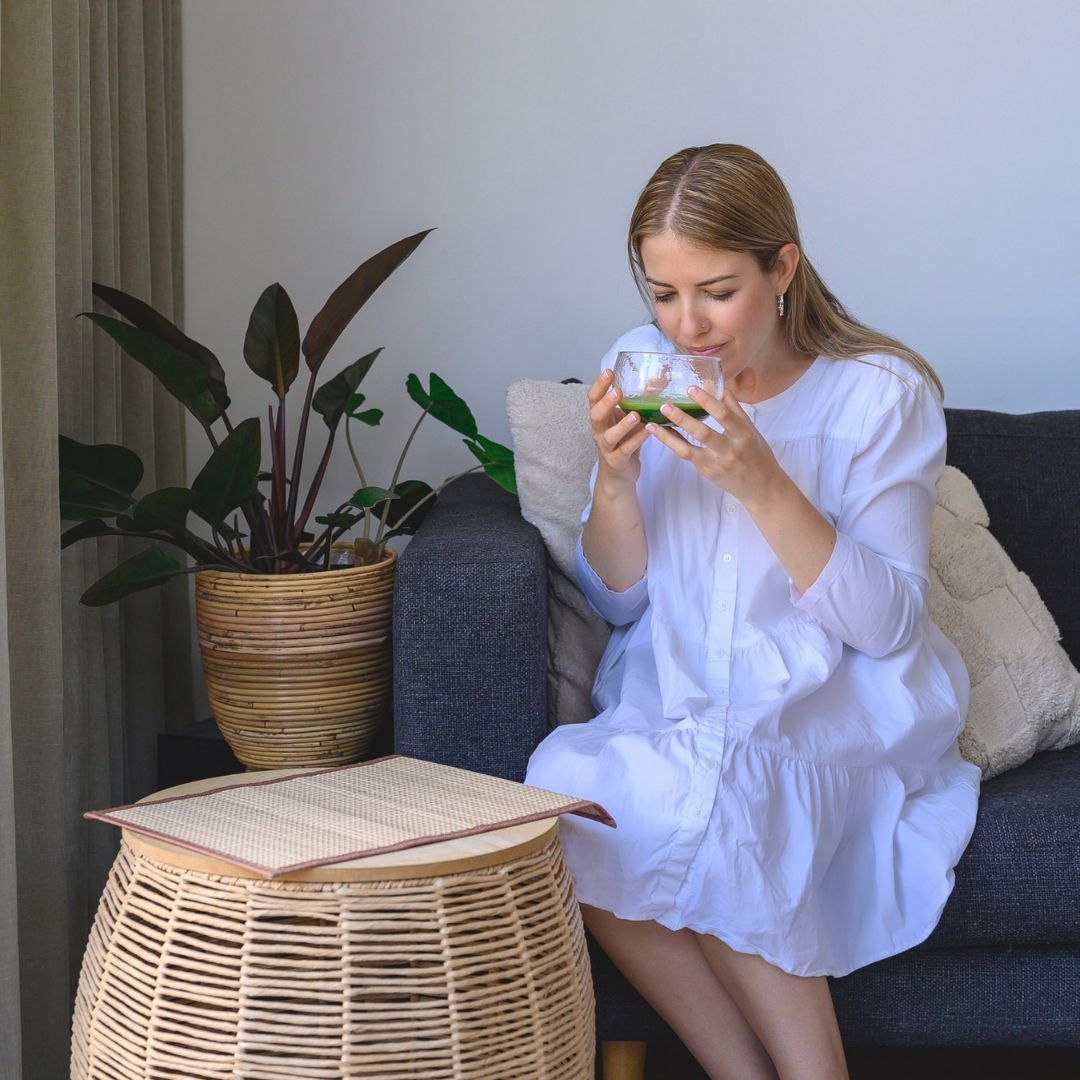
The Truth About Ceremonial Grade Matcha
If you’re new to drinking Matcha or learning more about this speciality product, you’ve probably seen the label “Ceremonial Grade” and wondered what it really means. Is it truly better? Or just marketing hype?
Let’s break it down.

There’s No Official Matcha Grading System
Unlike wine or coffee, matcha has no official grading rules. There is no government or tea association in Japan—or globally—that regulates what “Ceremonial Grade” means.
This means any brand can label their matcha ceremonial, whether it’s high quality or just okay for lattes or baking. Some inexpensive Matcha even use the term to look premium—so it pays to do your own research.
What Ceremonial Grade Usually Means
Generally, "Ceremonial grade" Matcha is intended for drinking straight, either as Koicha (thick tea) or Usucha (thin tea). It’s meant to be enjoyed traditionally with just water, rather than for recipes or lattes.
Keep in mind: there’s no universal standard, and tea ceremony masters don’t officially endorse the term.

Why Premium Matcha Costs More
Premium Matcha isn’t just a label — it commands a higher price for good reason.
- First harvest leaves: Only the youngest, most tender leaves from the top of the tea bush are hand-picked during the first flush in May.
- Shade-grown: like all true Matcha, the tea bushes are carefully shaded before harvest to boost chlorophyll and amino acid levels and to reduce bitterness, giving that green colour and smooth flavour.
- Stone-Milled: the leaves are carefully steamed, air dried, deveined and finally ground slowly in a traditional Ishi Usu stone mill creating an ultra- fine delicate powder that preserves aroma and nutrients.
All of this takes time, skill, and care—so genuinely Premium Matcha isn’t cheap.
If you see “Ceremonial grade” matcha for a suspiciously low price, it’s often too good to be true. It could have used lower-quality leaves or older harvests or bead machine milled—meaning the smooth flavour and delicate umami that define Premium matcha could be missing.
At Matcha Yu Tea, our Premium Matcha reflects the true effort behind high-grade tea. Yes, it’s an investment, but it’s worth it for a matcha you can enjoy straight, without compromise.
Why We Call Our Premium Matcha “Ceremonial”
Even though it’s largely a marketing term, we describe our Premium Matcha as Ceremonial Grade because it's a term Matcha tea drinkers have come to associate with a high quality. When you search "Ceremonial Grade Matcha" on Google, it is our hope our Premium Matcha appears!

What criteria do we care about for selecting this type of Matcha to import?
As noted earlier, all of the below are key indicators for us when selecting high grade Matcha to import.
- first-harvest leaves
- stone-milled
- a vibrant green colour
- a fresh aroma
- smooth flavour with minimal bitterness

How do you Spot High-Quality Matcha
Rather than relying solely on labels, look for these quality indicators when shopping:
- Bright, vibrant green colour
- Fresh aroma
- Smooth, delicate umami flavour
- Fine, powdery texture
- Transparent sourcing and labelling
At Matcha Yu Tea, we believe transparency is just as important as flavour. Knowing how your Matcha is grown and processed ensures you’re getting the best experience possible.

FAQs About Ceremonial Grade Matcha
Q: Can I use high grade Matcha for Matcha lattes or cooking?
A: Absolutely! But to be honest, Premium "Ceremonial Grade" Matcha is best enjoyed whisked with water to savour its delicate flavour
Q: Is expensive matcha always ceremonial grade?
A: Not necessarily. Price can reflect leaf quality, but also packaging, branding, or import costs. Very low prices and being labelled Ceremonial or Premium are often a warning sign. If it's too good to be true, it often is!
Q: Does Japan officially recognise ceremonial grade matcha?
A: No as mentioned above, the term is largely marketing, with no official classification system.
Bottom line: “Ceremonial Grade” can be a helpful starting point, especially if you’re new to Matcha. But the true measure of quality is in the leaves, harvest, processing, and flavour—and investing in genuinely Premium matcha is worth it for the smooth, vibrant experience you deserve.


